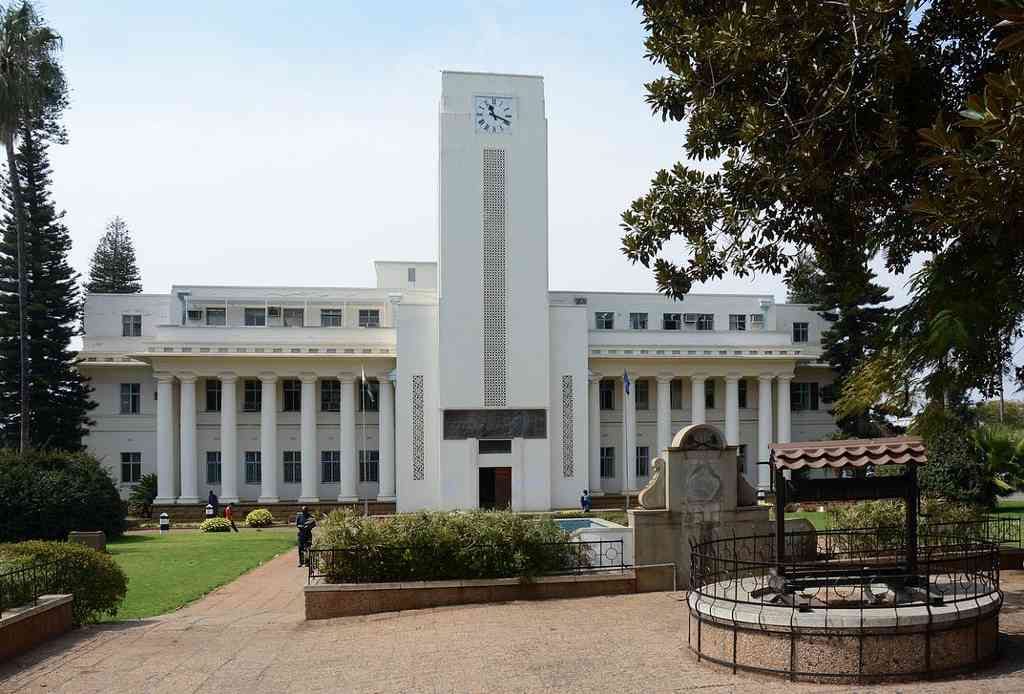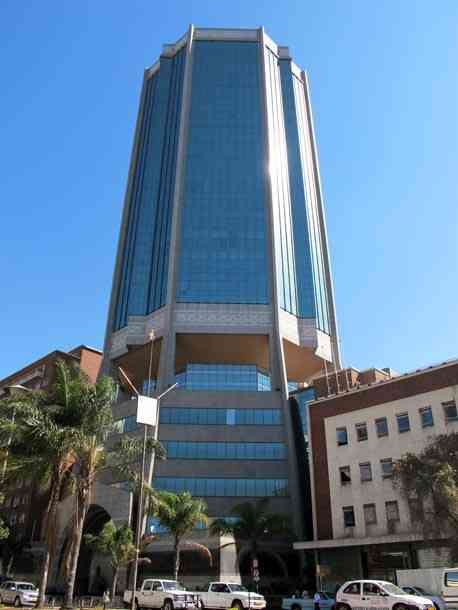
ZIMBABWE’S major platinum producers are reeling under severe headwinds underpinned by plummeting prices, which have induced firms to embark on widespread retrenchments, the Zimbabwe Independent can report.
Forecasts by the World Platinum Investment Council (WIPC) show that output in Zimbabwe, which is the third largest producer worldwide, will decline to 502 000 ounces (oz) this year, from 507 000oz in 2023.
Industry experts this week cautioned that government’s policy encouraging platinum miners to build refineries to stimulate jobs hung in the balance due to softening prices.
They warned that mine closures could be imminent unless government reviews costs, like power and fiscal charges.
Plunging prices for Platinum Group of Metals (PGMs) are expected to persist in the medium term.
The trend, which has resulted in miners across the world dismissing workers, are largely attributed to a slowdown in global demand, according to WIPC.
Two of Zimbabwe’s three producers - Mimosa and Zimplats - recently announced plans to downsize their workforces.
Mimosa has since indicated that it is retrenching managerial and supervisory staff to lower operational costs.
- Mavhunga puts DeMbare into Chibuku quarterfinals
- Bulls to charge into Zimbabwe gold stocks
- Ndiraya concerned as goals dry up
- Letters: How solar power is transforming African farms
Keep Reading
Costs at Mimosa rose by 15% last year, mainly due to prolonged power cuts.
At Unki Mine, the impact of a dip in prices also casts a gloomy outlook.
Unki Mine general manager Walter Nemasase told the Independent that the industry was in “serious trouble”.
But he highlighted that the mining firm would not be retrenching like its peers, although cost cutting measures will be implemented along the value chain of its operations.
“The platinum industry is in serious trouble, not only in Zimbabwe. We are seeing it even in South Africa and our exposure to South Africa is also affecting the local industry,” he said.
“In the case of Unki, we are not going to retrench. We will allow the natural course of attrition to take its course as part of cutting costs. At this stage, you cannot be talking about building a refinery when the industry is going through this crisis.”
In neighbouring South Africa, Unki’s parent company Anglo American Platinum announced last month that its ongoing restructuring exercise meant to contain costs could result in the loss of 3 700 jobs. This week, Zimbabwe’s largest platinum miner Zimplats also initiated a voluntary layoff exercise to keep the company afloat and stay on track to implement expansion projects amounting to US$1,8 billion.
Zimplats is owned by the Impala Group of South Africa.
“In response to the sharp decline in PGM pricing, Zimplats is implementing stringent cost preservation to: protect the business from the enormous pressure on profitability and cash flow on our operations; safeguard the business and to preserve, as much as possible, the jobs of more than 8 000 people employed by the company (both permanent and contract),” Zimplats head of corporate affairs Busi Chindove said in a statement.
“We also seek to minimise the impact of spending cuts on our growth strategy, which includes a US$1,8 billion expansion programme. The programme comprises several projects at various stages of execution.”
Commenting on the crisis crippling the platinum sector, Chamber of Mines of Zimbabwe chief executive officer Isaac Kwesu warned that the industry could be hit by massive mine closures if authorities do not swiftly intervene.
He said: “The softening prices for key minerals have impacted negatively on the viability of mining projects. To minimise the impact of low prices, mining companies are taking initiatives to manage the cost of production, including improving efficiencies and deferring capital projects.
“These initiatives have remained insufficient to restore viability of their operations. The industry is calling upon government to intervene and assist in reducing costs specifically in areas including electricity tariff and fiscal charges to minimise mine closures and specifically to ensure that mining companies survive this difficult tide.”
According to the Chamber of Mines of Zimbabwe, the southern African country’s export earnings from the precious metal dropped to US$1,6 billion in 2023 from US$2,2 billion previously, largely as a result of depressed prices.
PGMs constitute an estimated 25% of Zimbabwe’s export earnings.
Geo political tensions, particularly the raging Russia-Ukraine war, Kwesu underscored, were also wreaking havoc on the global platinum market.
“Following the Russia-Ukraine conflict, platinum prices surged temporarily driven by concerns around PGMs supply disruptions as Russia and Ukraine are major PGMs producers,” he told the Independent.
“The situation has since reversed in the past 12 months with the PGMs market conditions now largely influenced by the reduced demand for catalytic converters with the automobile industry drifting towards electric vehicles.”
Russia is the world’s second largest producer of platinum behind South Africa.










